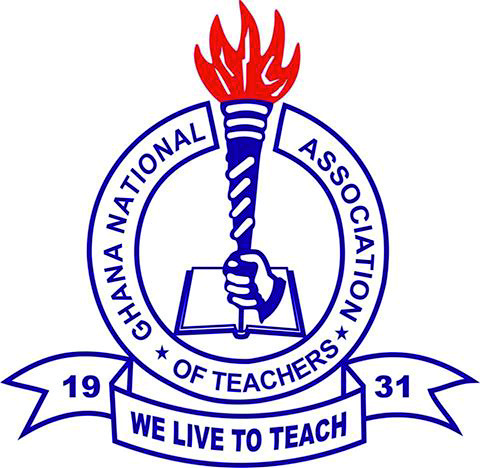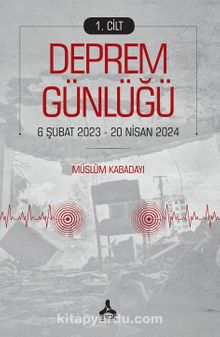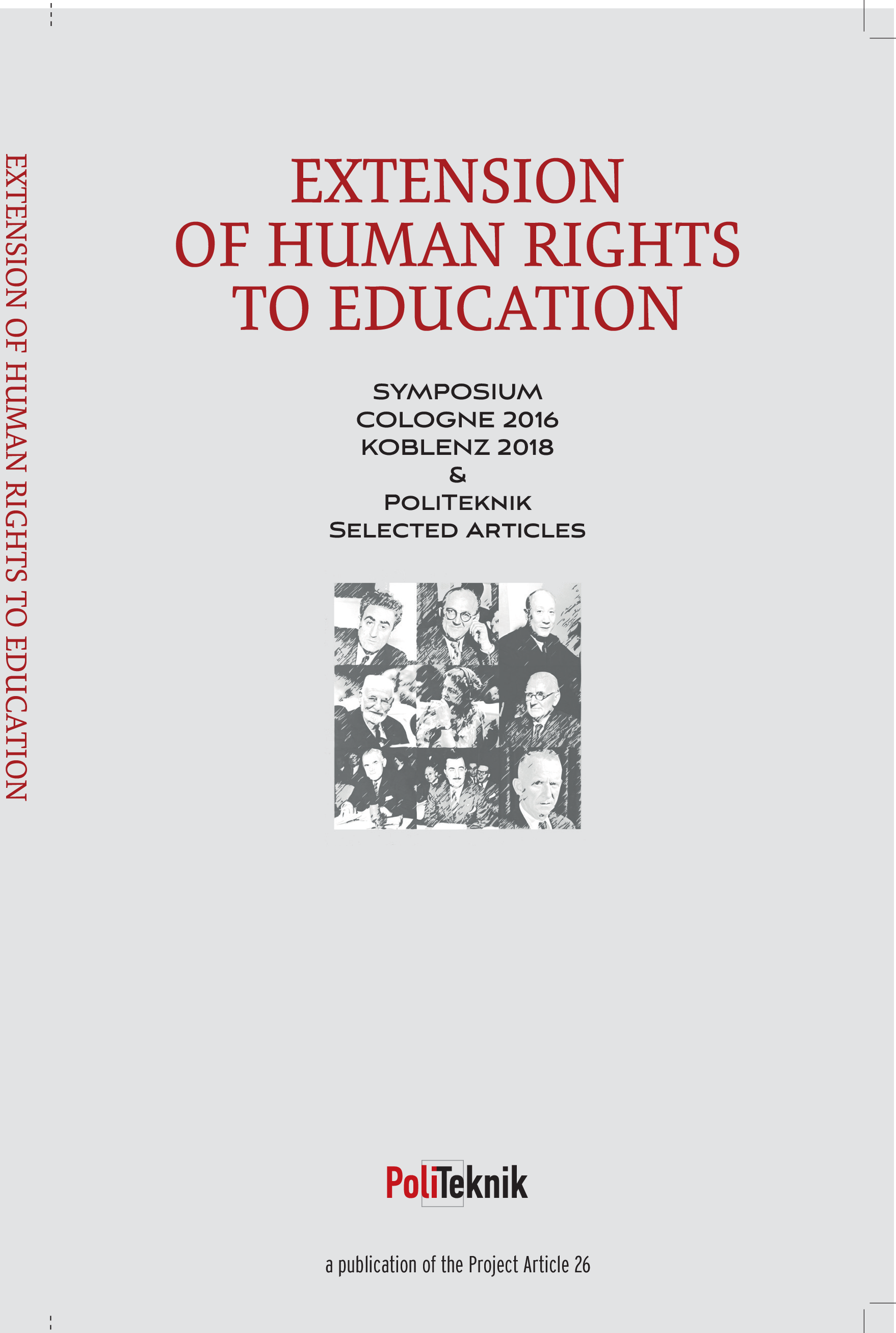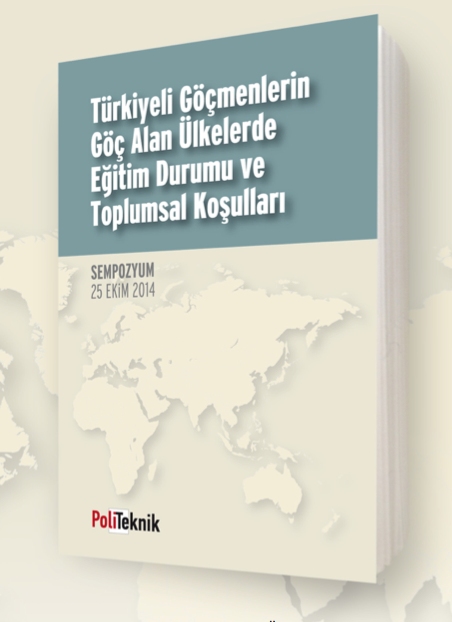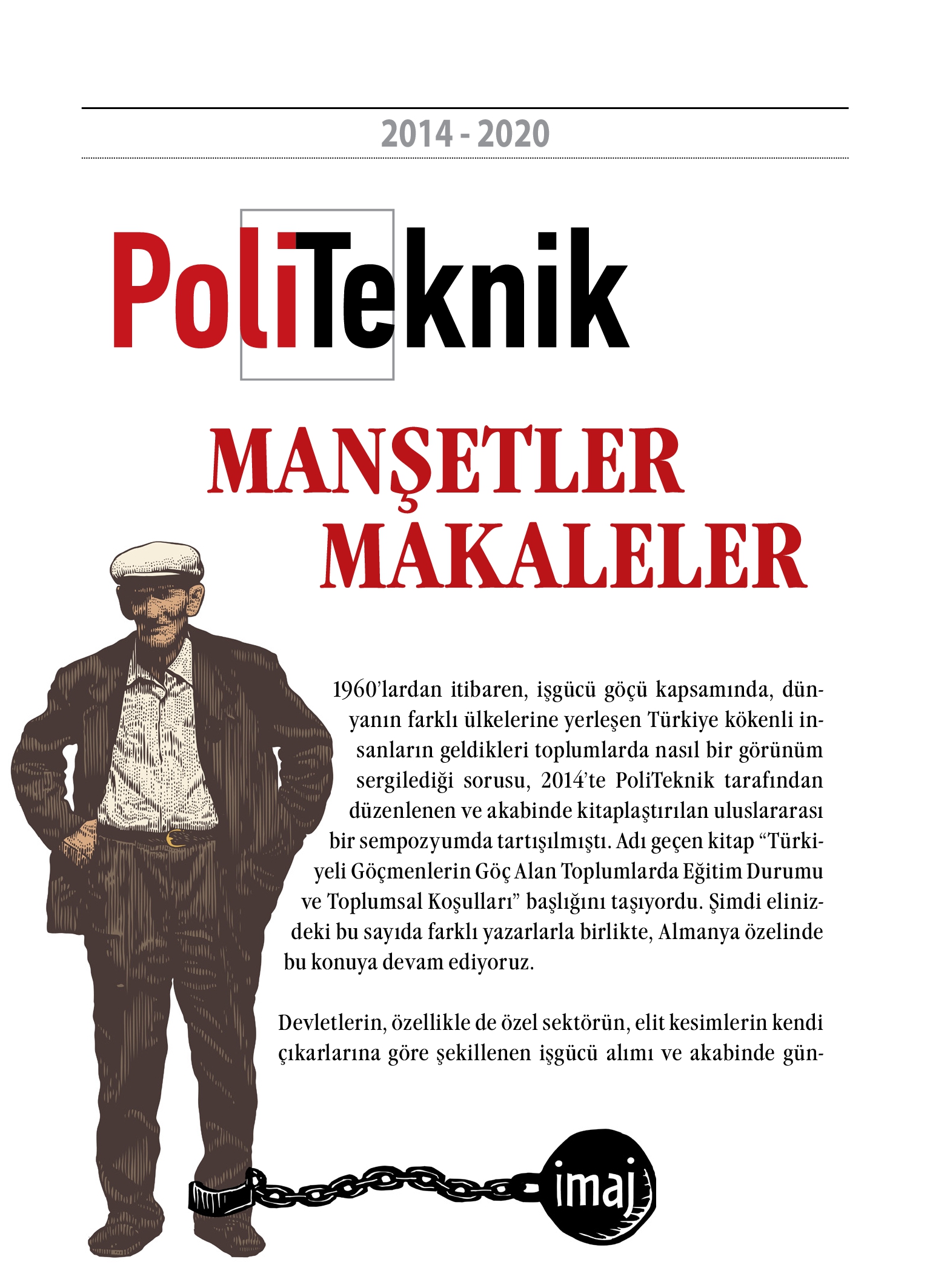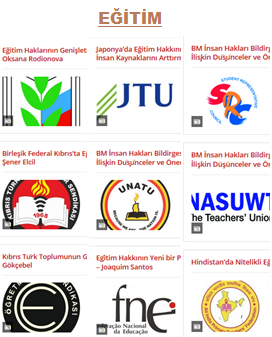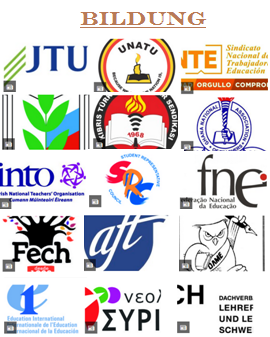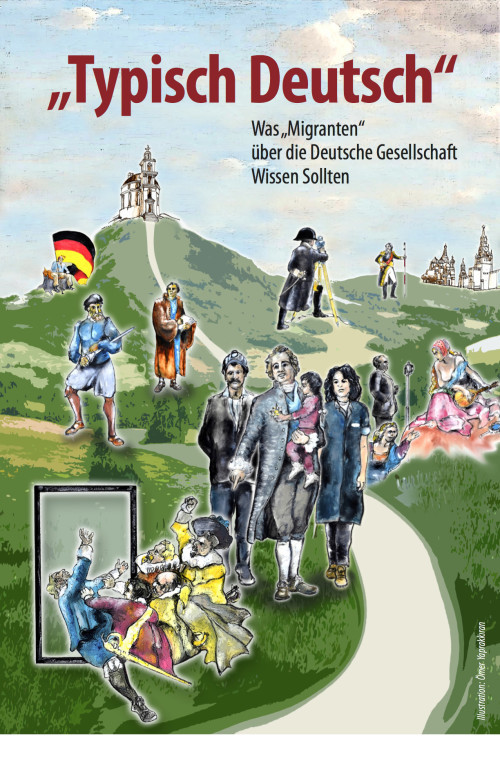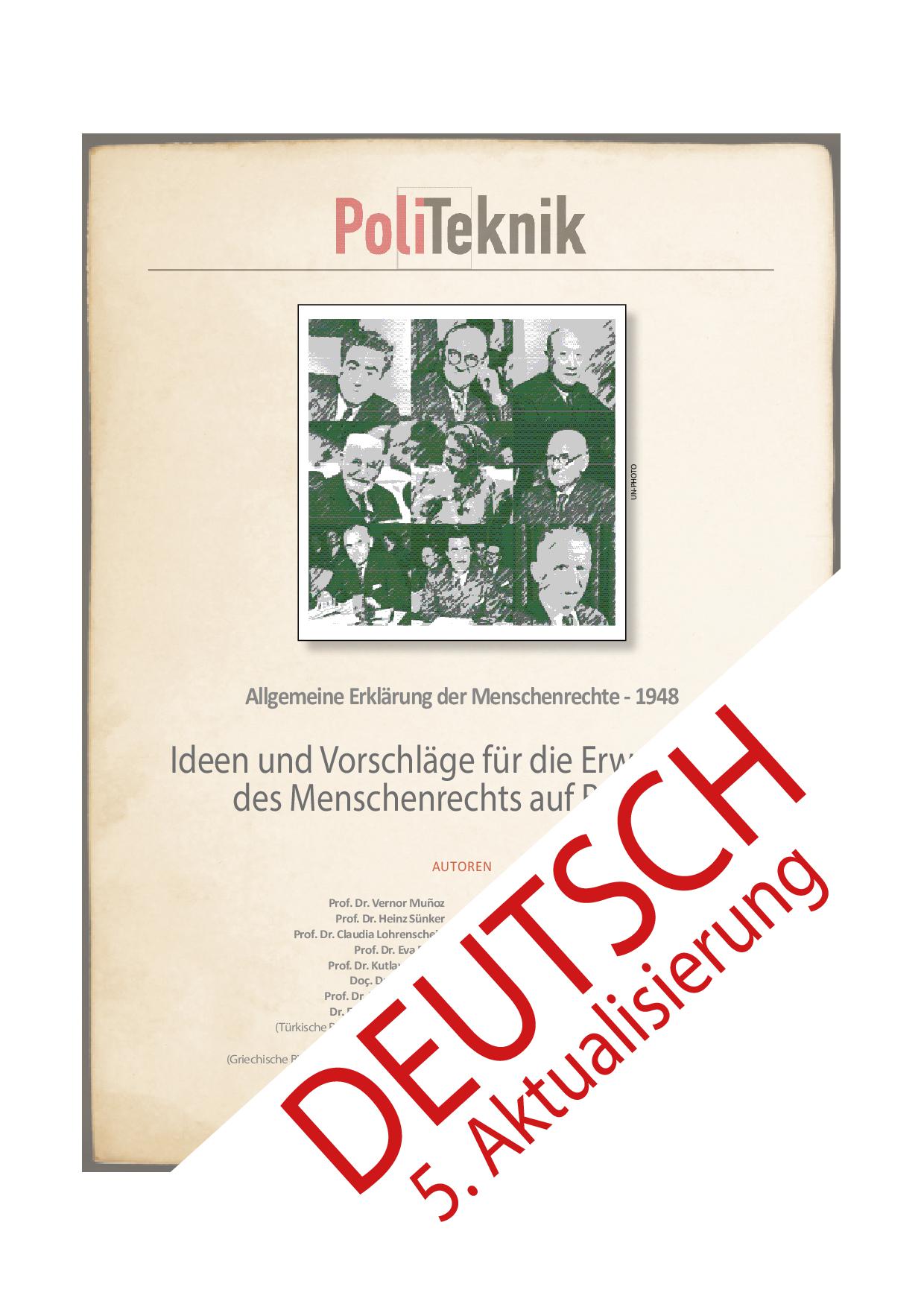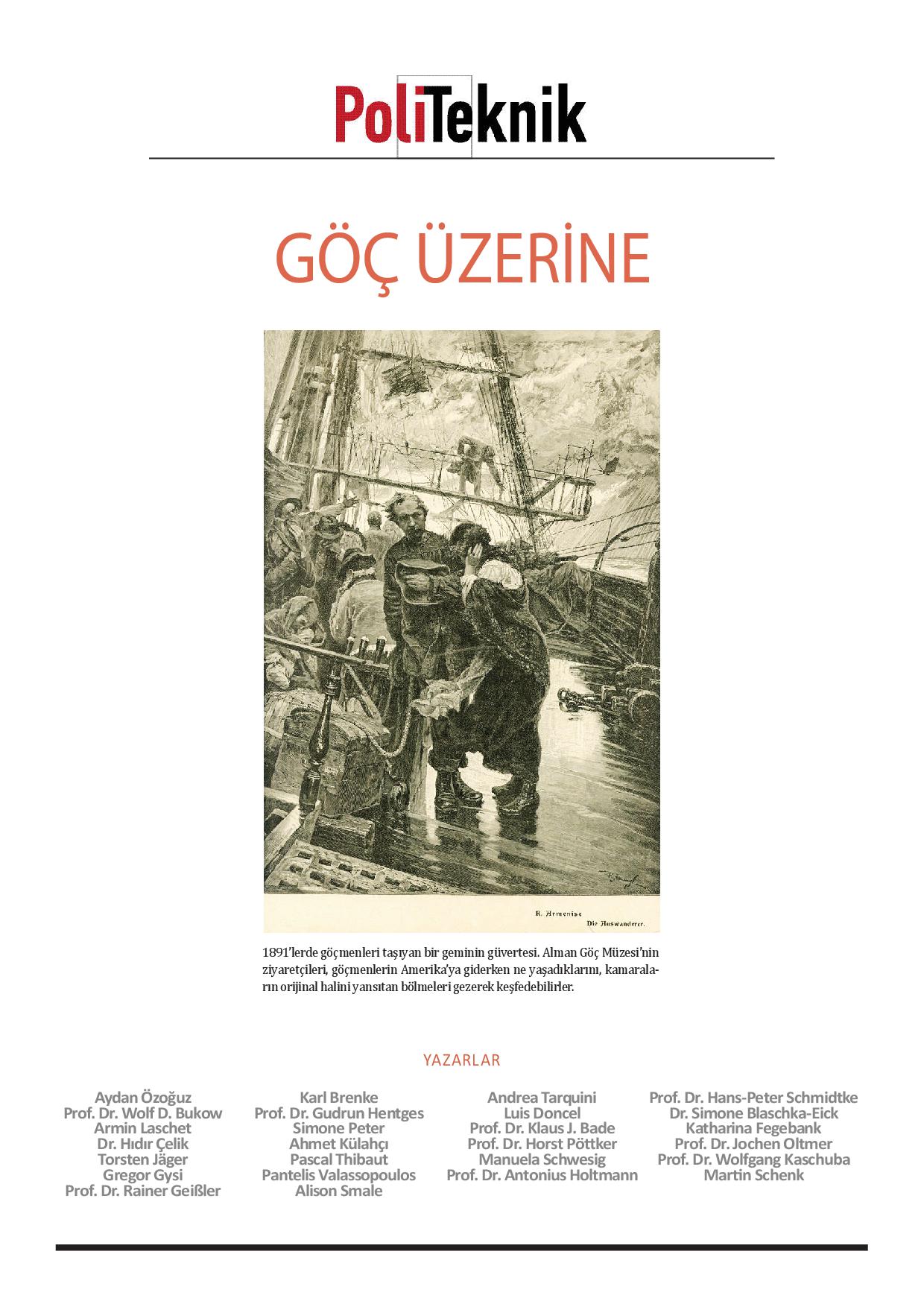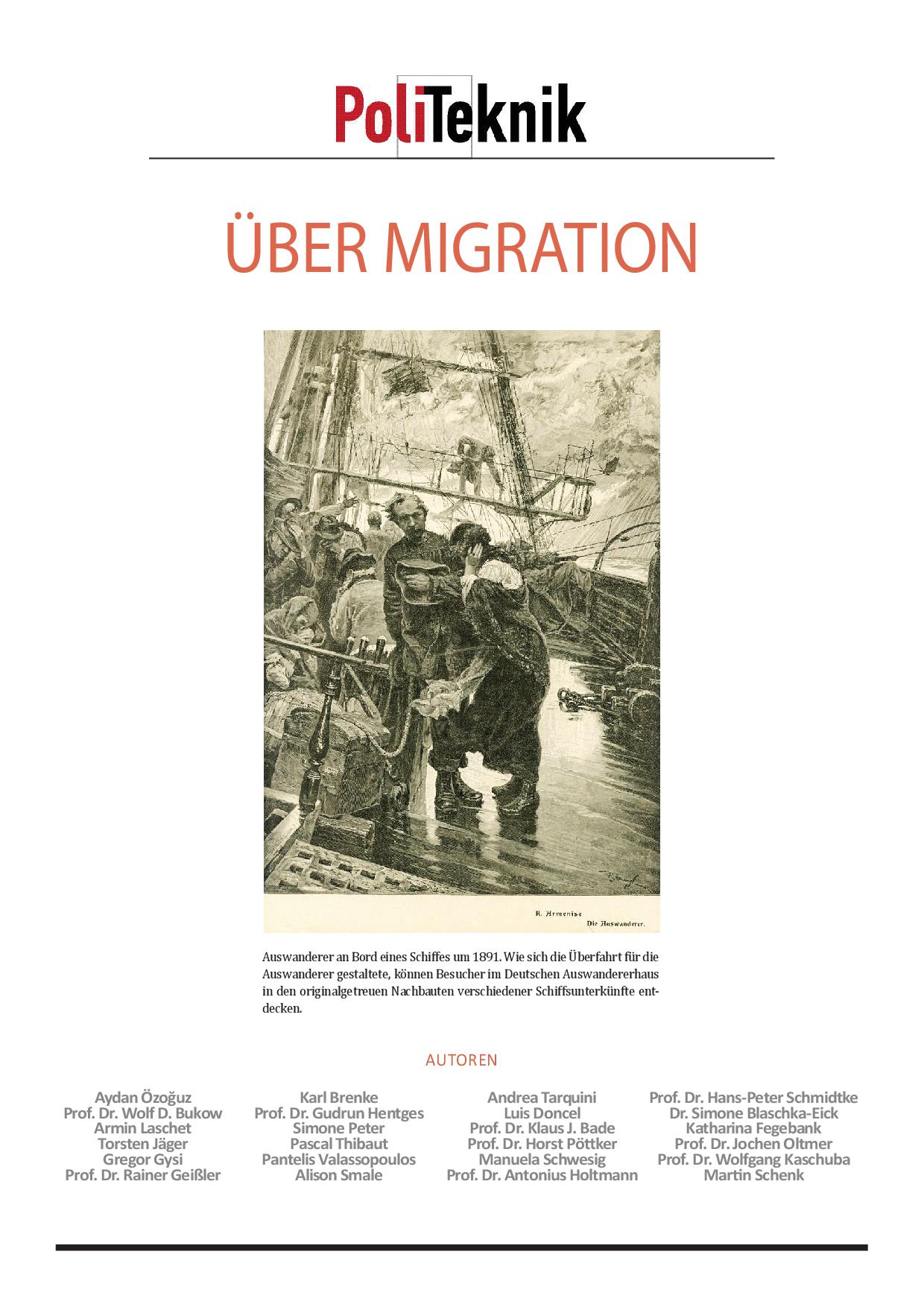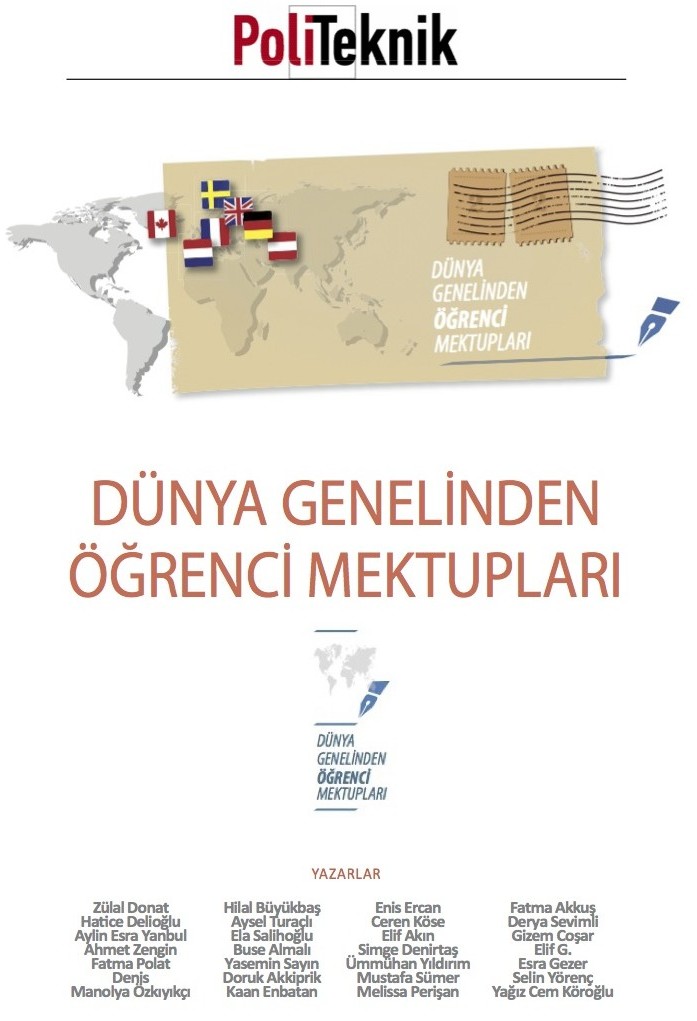David Ofori Acheampong
Ghana National Association Of Teachers
 ABSTRACT: Education is recognised as the bedrock for the survival and advancement of society universally, and the fulcrum around which all other rights espoused in the UN Universal Declaration on Human Rights, UDHR (1948) revolve. Thus, expanding its availability and access makes it imperative.
ABSTRACT: Education is recognised as the bedrock for the survival and advancement of society universally, and the fulcrum around which all other rights espoused in the UN Universal Declaration on Human Rights, UDHR (1948) revolve. Thus, expanding its availability and access makes it imperative.
Although the UDHR has set the framework for promoting and protecting the right to education, the dynamics of social stratification as well as 21st century globalisation seem to challenge the Declaration’s adequacy to holistically push it through. This paper is of the firm belief that there are still opportunities to tackle the three thematic themes, taking cognisance of contemporary trends and perceived threats and seeks to explore that and other related issues. We again believe the Declaration should be spread to cover pre-primary education, address the issues of privatisation and commercialisation of secondary education as well as protecting the rights of pregnant school girls to education.
INTRODUCTION
Within the framework of the UDHR, Ghana has since independence in 1957 shown commitment to promoting the right to education by signing many of these conventions. Again, Ghana’s 1992 Constitution states that basic education shall be free and compulsory. For the purpose of this paper, focus is on basic and secondary education.
One is tempted to think that the world is in danger, since the UNICEF (2016) observes that almost 70 million children across the world are prevented from going to school each day. The national net enrolment rate (NER) in primary schools in Ghana has recently been reported to be 92.0% (MoE, 2016), meaning, 8% of children of school-going age are not in school. This means there is still room for improvement of the Declaration, as far as the right to education is concerned.
Thematically, the UDHR recognises that all human beings have the right to free and compulsory education, that education should be directed to the human personality and made to strengthen the respect for human rights and fundamental freedoms. Parents are, however, vested with the right to choose the kind of education that shall be given to their children. However, considering current trends the world over, one is again tempted to ask whether these themes are sufficient to promote and protect the rights of children to education. This, notwithstanding, we believe the world would be a better place to live in if education were guaranteed all, and the UDHR should continue to strive for this.
We shall now proceed with the discourse, under the following
Inclusion of Early Childhood Education (ECE)
We see pre-primary as relevant, since according to Piaget’s theory of cognitive development, they provide the foundation for constructivist learning. According to the UNICEF (2012), early childhood education is critical to children in their formative stages because it contributes to the formation and shaping of their intelligence, personality and social behaviour. Unfortunately, the UDHR is silent on the right to pre-primary education (Beiter, 2005), although education is said to start at birth. We, therefore, call for the update of the Declaration to make pre-school education as an integral part of the mainstream education.
Again, Ghana’s 1992 Constitution guarantees care and education in early childhood while the Education Act (2008) also requires that children start Kindergarten one at age four and primary one at age six. However, many children start school at a late age possibly due to the limited number of early childhood schools in Ghana, most of them privately owned and run. This, therefore, needs to be addressed. We are happy the 2017 budget statement promises 1171 Kindergartens in the next four years. We urge urgent action on it!
Insufficient Legal Basis
The UDHR indicates that elementary (basic) education should be free and compulsory. However, it is observed that many developing countries have made attempts to make basic education free but then lack the political will to empiricise it. For instance, Ghana, has had the introduction of a Free, Compulsory, Universal Basic Education (FCUBE) programme on its books since 1996, yet 8% of children are not in school (MoE, 2016). This is explained by the lack of definition and enforcement of the element of compulsory. In consequence, we call for the update of the Declaration to institute measures to ensure that pre-primary and basic education are not only made free, but also compulsory, with the compulsory clearly defined so that countries which infringe it could be sanctioned.
Pregnant Girl Child Education
Though countries such as Zambia permit pregnant girls to be in school, in Ghana, such girls are not permitted to continue their education in their schools after delivery. They have to do it elsewhere to avoid stigmatisation. We are aware UNICEF and the Ghana Education Service are working on one such policy and urge expedite action on it. The Declaration should also be extended to cover pregnant school girls so as to guarantee all the right to education.
Commercialisation of Secondary Education
The UDHR enjoins secondary education to be made generally available and higher education equally accessible to all. However, due to governments’ inability to meet the demand for secondary education in most developing countries like Ghana, privatisation of secondary education has been seen as an alternative means of increasing access to secondary education (Belfield & Levin, 2002). These development and practice neutralise the marginally poor from accessing this right, since they lack the ability to pay the fees of such schools, and make secondary education a market commodity for the highest bidder rather than a human right.
In Ghana, whereas the private schools constitute an average of 32.0 per cent of SHSs in the country over the last five years, the proportion of their total enrolment to public schools was just 9.0 per cent (MoE, 2014). This could be attributed to their high fees, which the poor cannot afford. The Declaration should, therefore, enjoin Governments to open more secondary schools and make them free and accessible to the poor. This may help eliminate the class society and avert future clashes between the haves and have nots.
Conceptualisation of Free Basic Education
The UDHR again stresses that education shall be free, at least the elementary and fundamental stages. However, currently, there is no universal acceptance of what constitutes free basic education. The UNESCO (2007) is of the same stand.
In Ghana, basic education covers the Pre-school, Primary, Junior and Senior High Schools. The Declaration should be extended to treat secondary education as basic education universally so as to be made a fundamental human right and open to all. By this, no section of society would feel discriminated against, marginalised or neglected.
The Declaration should therefore be extended to give proper conceptualisation of free basic education, while recognising the very many variables which go into cost (tuition, feeding, transportation, text-books, student welfare etc).
Conclusion
Considering the rapid rate at which the world is moving, as well as the insecurity and threats posed by, among, others, ignorance, diseases, religious extremism, bigotry and intolerance, it is essential that the terms of reference and stipulations of the UDHR be reviewed to take care of pressing emerging areas to ensure its continued relevance and we look forward eagerly for that.

